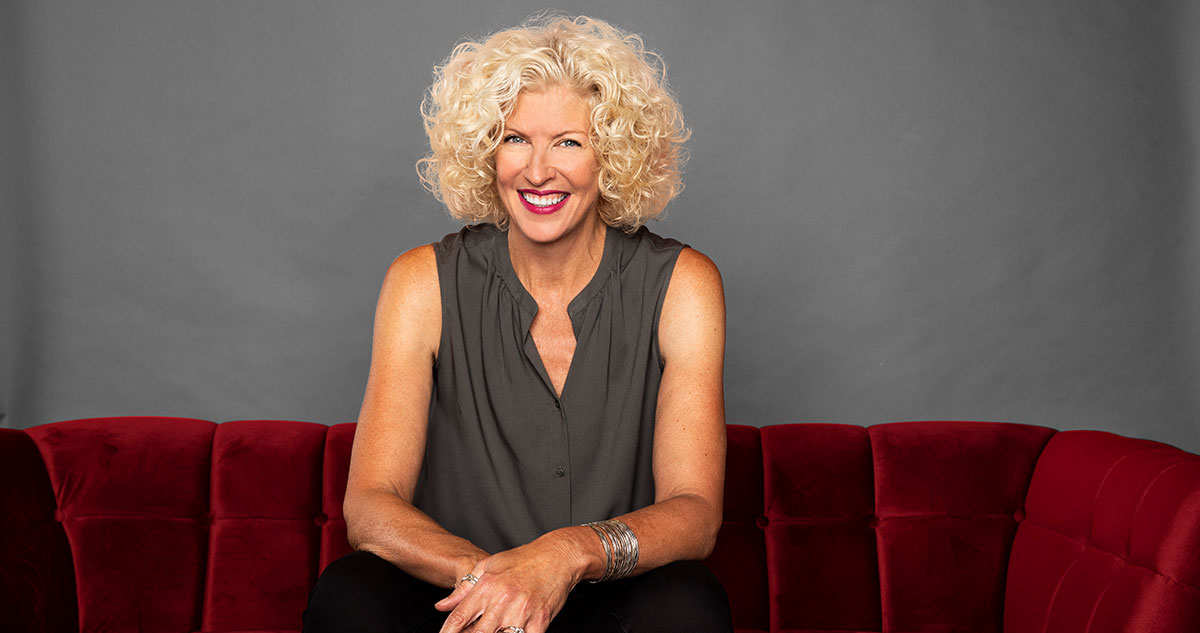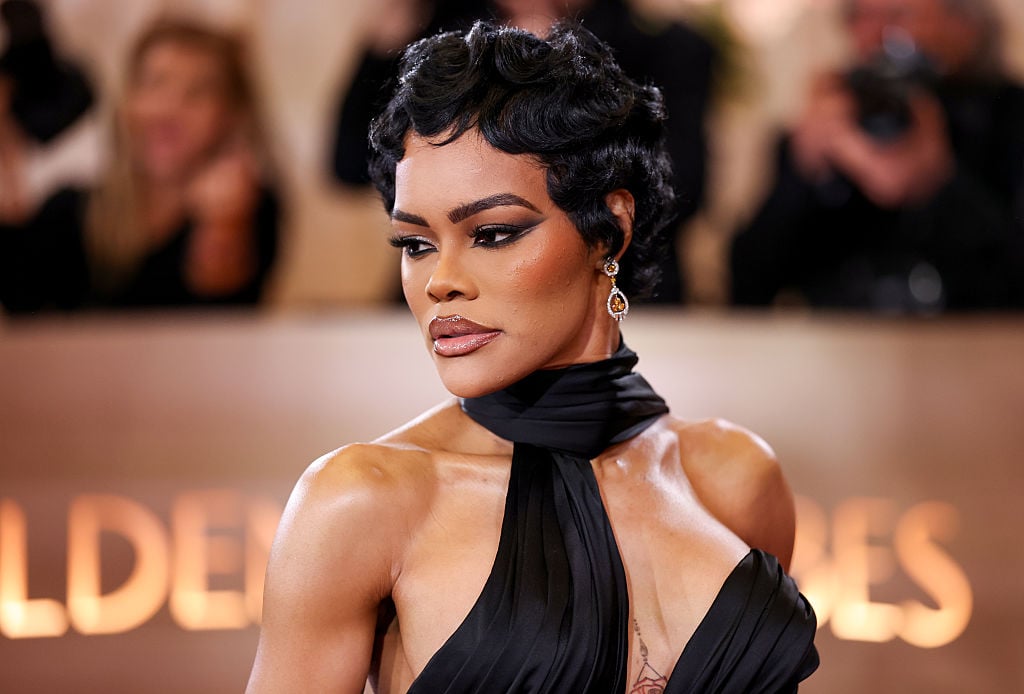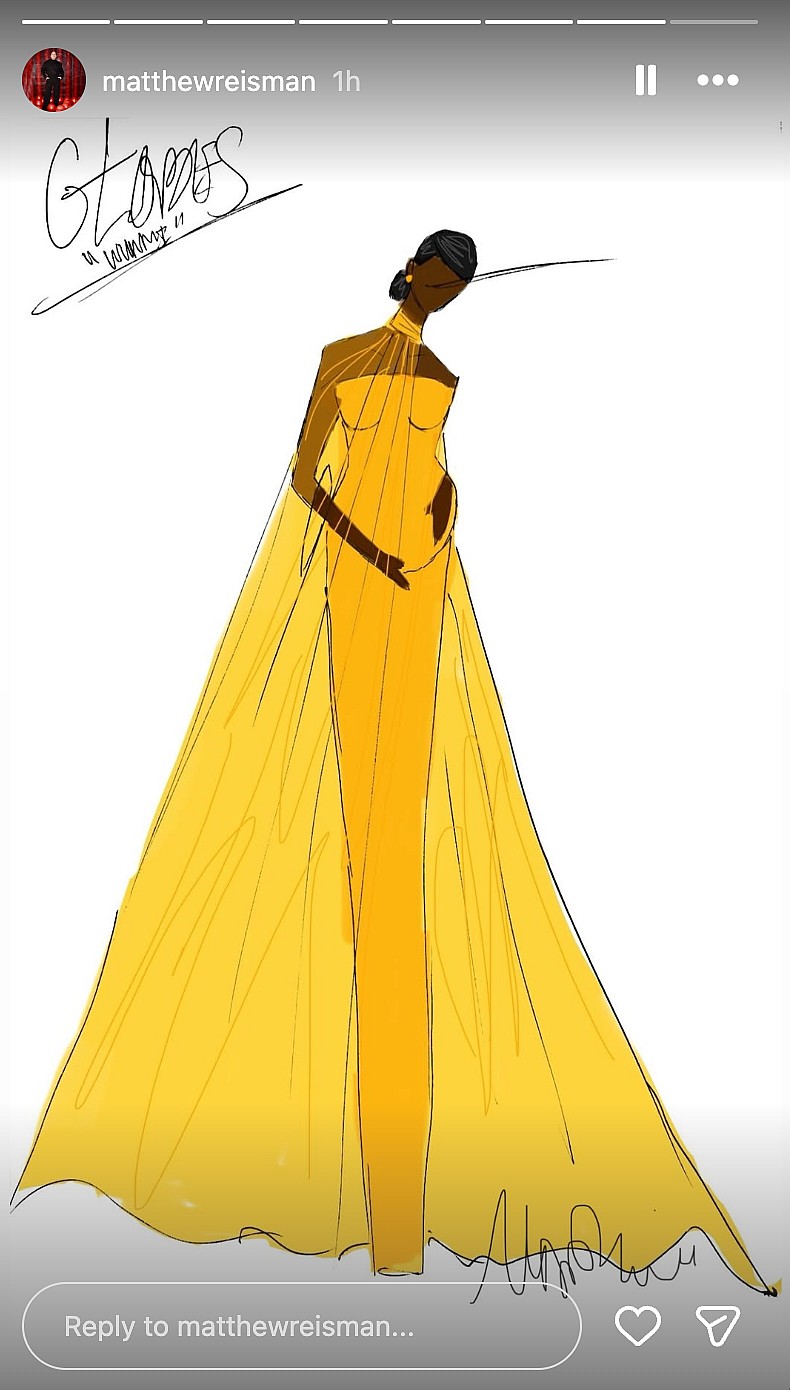
In the world of corporate sponsorships, Kim Skildum-Reid is the kingmaker. Her innovative company, Power Sponsorship, approaches sponsorships in a radically new way, transforming sponsorship properties to create a win-win-win approach for rights holders, fans and brands. Her passionate dedication to proven strategies and no-sugarcoating approach to client consultation have won her global recognition as the go-to when it comes to sponsorship strategy.
Skildum-Reid has helped hundreds of brands by transforming corporate mindsets from seeing sponsorship as an extension of advertising to using these partnerships to connect with fans’ passions. She’s coauthored two bestselling books on the topic: The Sponsorship Seeker’s Toolkit, a step-by-step guide for those seeking corporate sponsorship (the people asking for money), and The Corporate Sponsorship Toolkit, which covers the corporate sponsor’s side (the people spending the money). Her strategic rigor leverages sponsorship properties to add value that elevates the brand and fan experience.
Here are some of the secrets her clients use to succeed:
Most brands think of sponsorships as another communication platform to get their logo in front of more people, set up a booth at an event or provide tickets to a game. The trouble is that this logo-centric, one-way communication approach is ineffective and hasn’t evolved since the early ’90s. “There’s research… that says logos on things don’t change people’s perceptions and behaviors or build alignment with a brand—and that is what marketing is!” says Skildum-Reid.
Skildum-Reid’s approach starts by blowing up brands’ preconceived notions about sponsorship, advertising and marketing using case studies. “The penny really drops when I start giving them case studies, and they’re going, ‘Oh my God. Can I steal that idea?’ And I say, ‘Look, we call it ‘borrow with pride’ around here,’” Skildum-Reid laughs.
Then, they start connecting the dots between their sponsorship opportunities and enhancing their fans’/customers’ experiences. Skildum-Reid’s philosophy is about transforming the sponsorship mindset to deeply connect with customers and add real value by improving, not simply interrupting, the experience of a fan/customer.
“[Sponsors] have got to think of their brand like a fan. We’re in this with the fans. What can we do from our position with the fans?” Skildum-Reid urges. Through Power Sponsorship, she uses a blend of coaching, training and consulting to help clients internalize and execute the new approach, and case studies provide the leverage and the nuts-and-bolts strategies to bring the concepts to life.
To illustrate the difference between a successful sponsorship and traditional sponsorship, Skildum-Reid offers a mental exercise. Imagine you’re attending your favorite sporting event and one of the sponsors is a bank. Let’s say they announce to the entire stadium: “We’re giving away an all-expense paid trip to see this team play in New York, and if you’d like to be entered into the raffle, simply text your details to this number.”
“Are you going to do it? If one person’s going to win, will you text all your details to the bank?” Skildum-Reid asks.
The answer? Probably not.
“They’re just going to spam you forever, right? And, yet, that is the kind of thing most sponsors do,” Skildum-Reid says.
“What if, instead, you’re a customer of that bank and you show your bank card or open your app [and] there’s a scannable barcode and you get to park closer than anybody else to the stadium? [Those are] small wins that are meaningful and actually make the day better for lots of people,” Skildum-Reid says.
Often, when brands are thinking of making a sponsorship shift, they turn to their ad agency or experiential agency—on-site experts who are good at what they do but aren’t sponsorship experts. They lack objectivity, specialized strategy and the freedom to operate outside of limiting company politics. “If you’re actually ready to make a transformation, get a specialist sponsorship strategist,” Skildum-Reid says. The value an outside consultant can bring to a company is the freedom to deliver “bad news” to the people who need to hear it most.
“It’s better to bring somebody else in [who] can navigate the internal politics, [who] can be that blunt objective outsider, [who] can deliver the bad news to the CEO about the pet project without losing their job,” Skildum-Reid says. “What you want to do is work with a consultant [who] works across genres and markets because there are so many amazing ideas and techniques that are happening overseas. You want somebody to be able to bring all that to the party,” Skildum-Reid says.
As an outside consultant, Skildum-Reid’s blunt, passionate approach quickly shifts clients’ sponsorship mindsets, objectively transforming clients’ strategies while navigating internal politics. Her approach over the past 30 years has made Power Sponsorship the most successful business for transformational sponsorship in the world.
The ideal clients for Skildum-Reid’s strategy are brands with large sponsorship portfolios that have not been leveraged strategically. “It’s leverage that creates the result, not the sponsorship itself,” says Skildum-Reid.
She says she’d like to work with a couple of major airlines, who, in her opinion, don’t use their sponsorships wisely.
“It would be so much fun to get my hands on a gigantic, robust, amazing portfolio—which provides so many ways to leverage, so many ways to add value and create alignment and actually transform something that’s costing them millions upon millions upon millions of dollars into something amazing,” Skildum-Reid says.
This article originally appeared in the January/February 2025 issue of SUCCESS magazine.
Photo Courtesy of Kim Skildum-Reid




